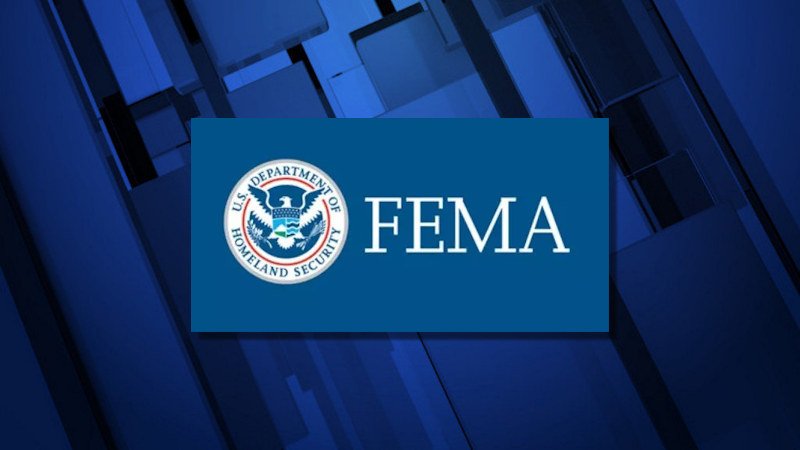Oregon AG Rosenblum joins coalition urging FEMA to update disaster rules to address extreme heat, wildfire smoke

SALEM, Ore. (KTVZ) -- Oregon Attorney General Ellen Rosenblum has joined a coalition of 10 attorneys general in petitioning the Federal Emergency Management Agency (FEMA) to initiate rulemaking to update its regulations to recognize extreme heat and wildfire smoke events as eligible for major disaster declarations under the Stafford Act.
The petition also seeks to clarify that wildfire smoke events are eligible for Fire Management Assistance Grant (FMAG) funding.
In their letter addressed to FEMA Administrator Deanne Criswell and Chief Counsel Adrian Sevier, the attorneys general highlighted the increasing frequency and severity of extreme heat and wildfire smoke events due in part to climate change. The letter explains that such events pose significant public health risks and financial burdens on local communities, which may require federal assistance to effectively respond to these disasters.
“The climate change science is clear and overwhelming: our planet is getting hotter, wildfire seasons are getting longer and more destructive, and the resulting wildfire smoke is a real danger to public health. We need the federal government to keep up with the realities Oregonians face, and we need FEMA to have the jurisdiction to assist when we ask for help. I stand with my co-signers on this letter in urging FEMA to move quickly and amend its definition of “major disaster” to include extreme heat and wildfire smoke events,” said AG Rosenblum.
The letter detailed the significant impacts of recent extreme heat and wildfire smoke events, citing examples such as the 2021 Pacific Northwest Heat Dome, which resulted in hundreds of deaths and widespread power outages, and the Canadian wildfires that blanketed parts of the Midwest and East Coast in smoke. The attorneys general underscored the importance of proactive measures and federal support in mitigating the effects of these disasters.
The letter explains the urgent need for FEMA to amend its definition of “major disaster” to explicitly include extreme heat and wildfire smoke events. It also emphasizes the critical role of Fire Management Assistance Grant (FMAG) funding in addressing the health impacts of wildfire smoke, such as providing HEPA air filtration devices and other necessary supplies to vulnerable populations.
Additionally, the letter highlights the projected increase in frequency and severity of these events, stressing the necessity for a more robust and adaptive federal response.